How We Implement Our Water & Sanitation Projects
Maji na Ufanisi (Water and Development): Water Charity Based in Kenya
"Water for All"
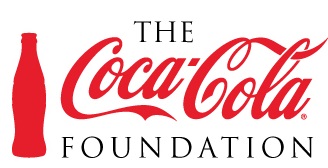

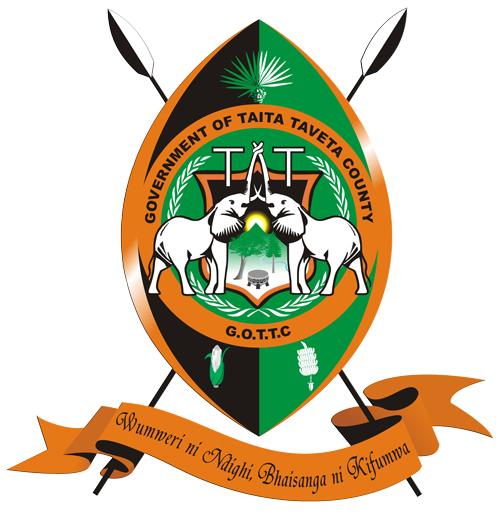
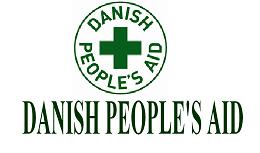
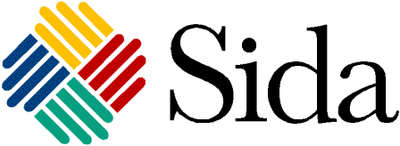

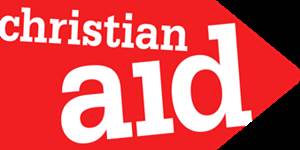
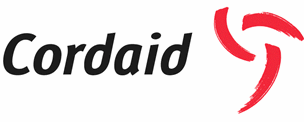
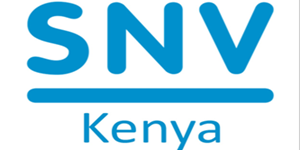

How We Implement Our Water & Sanitation Projects
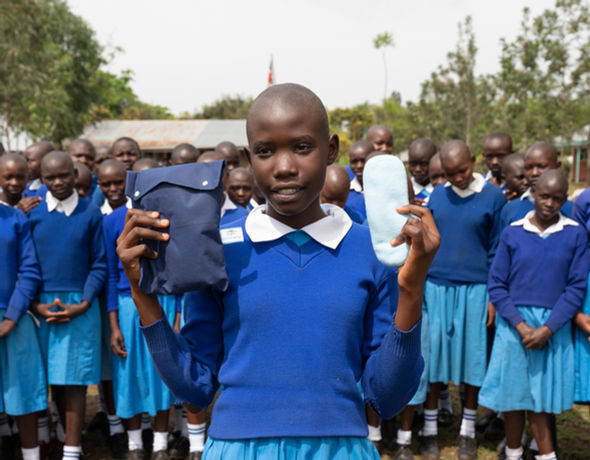
Menstrual Hygiene Management
Every year, millions of girls and girls in Kenya drop out of school due to lack of access to menstrual hygiene products and sanitation intervention support.
Our reusable sanitary pads program aims to keep adolescent girls in school by providing them with high-quality, washable menstrual pads.
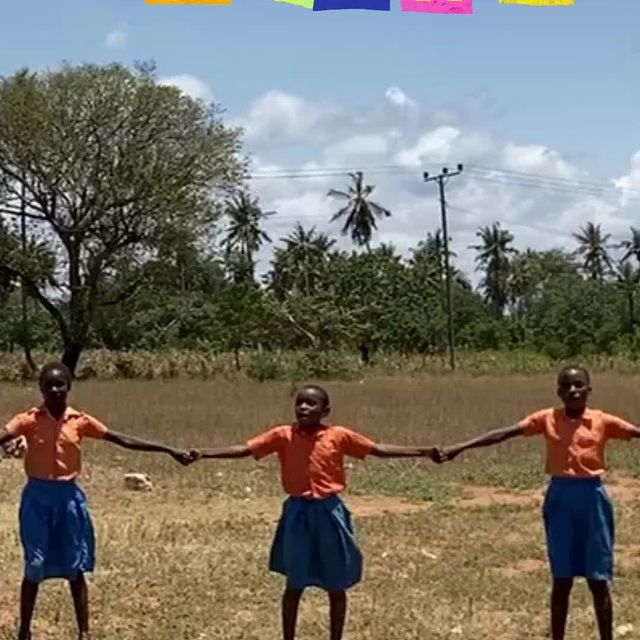
Many girls in Kenya are forced to use unsafe and uncomfortable materials during their periods, such as rags or leaves.
Our reusable sanitary pads provide a safe and comfortable alternative that allows girls to manage their periods with dignity.
By donating to our project, you can help us provide Kenyan girls with the menstrual products they need to stay healthy and confident.
Urban WASH
Maji na Ufanisi’s innovative and replicable approaches to water, sanitation, and hygiene services have achieved remarkable success in challenging urban settlements and public markets.
What sets MnU apart is their “maintenance-free” sanitation infrastructure, which is run by organized youth and women groups with minimal administrative support or subsidy from County Governments.
These enterprises are not only able to pay for their utilities and operational costs, but they are also generating profits, which are being invested in educating and training People with Disabilities. Moreover, the formal employment opportunities for youth have significantly reduced incidents of radicalization in the Coast region of Kenya.
By partnering with MnU, County Governments can benefit from their experience and expertise in implementing sustainable and profitable WASH projects. MnU’s model not only provides access to critical services but also creates employment opportunities, promotes social inclusion, and contributes to the overall development of local communities.
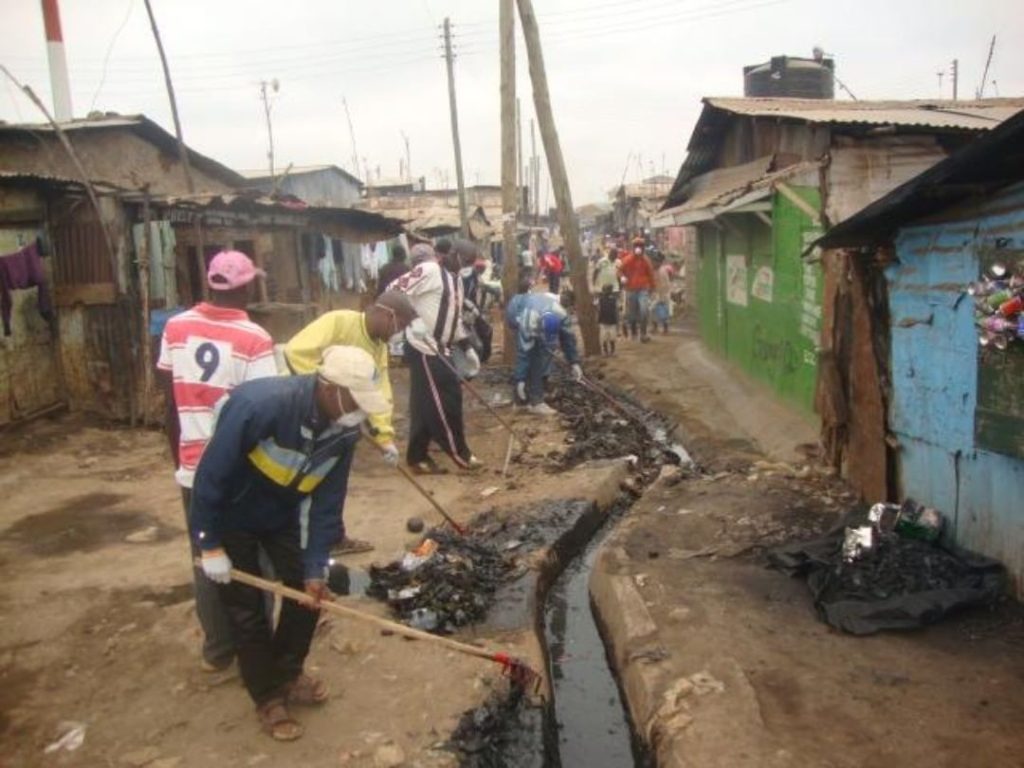
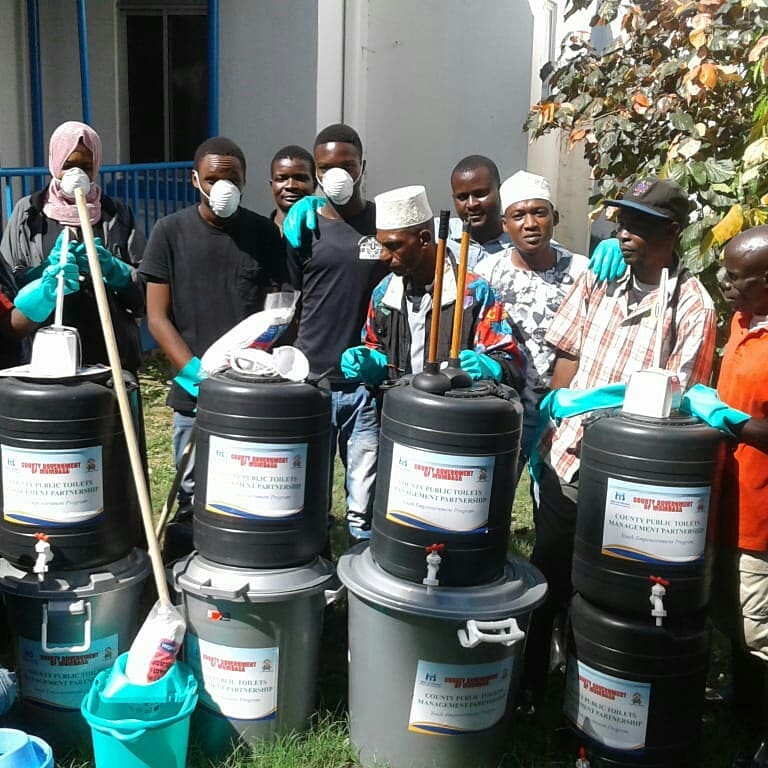
School WASH
Providing good sanitation in both urban and rural schools remains a challenge, despite education being the key to success and equipping children with knowledge and skills for the future.
Sanitation facilities and water are essential for the overall productivity of students.
However, an evaluation by UNICEF found that in low-income countries, only 51% of schools had access to adequate water sources and only 45% had adequate sanitation.
Kenya is not an exception to this evaluation.
Access to free education in Kenya has increased enrollment in public schools.
However, inadequate human resources, facilities, and especially lack of proper sanitation facilities in schools have become a major challenge. Some schools lack enough toilets for both genders, while others have toilets that pose a health hazard to children.
Maji Na Ufanisi (MnU) has addressed this challenge through its school WASH program, rehabilitating school toilets, building new ones, and educating parents, teachers, and students on hand hygiene.
Through partnerships, MnU has implemented accessible, clean water and sanitation services for over 3,000 school children, resulting in decreased diarrhea disease and other hygiene-related diseases among students, improved WASH knowledge, attitudes, and hygiene behaviors, reduced disease burden in students’ households and communities, and improved student enrollment and attendance.
However, more needs to be done to cater to all, including small children, girls of menstruation age, and children with disabilities.
Inadequate WASH conditions in schools have detrimental effects on health and school attendance, but addressing this issue through school WASH programs can contribute to the success of our children.
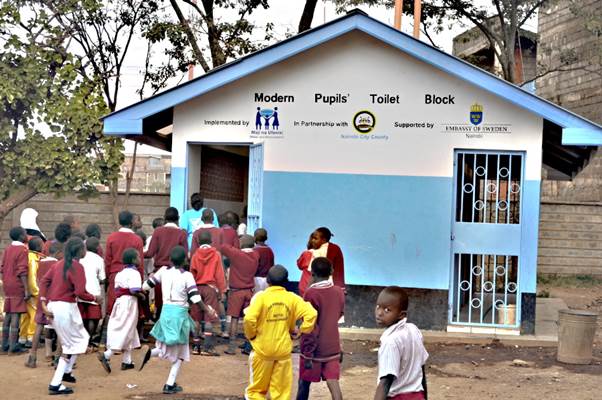
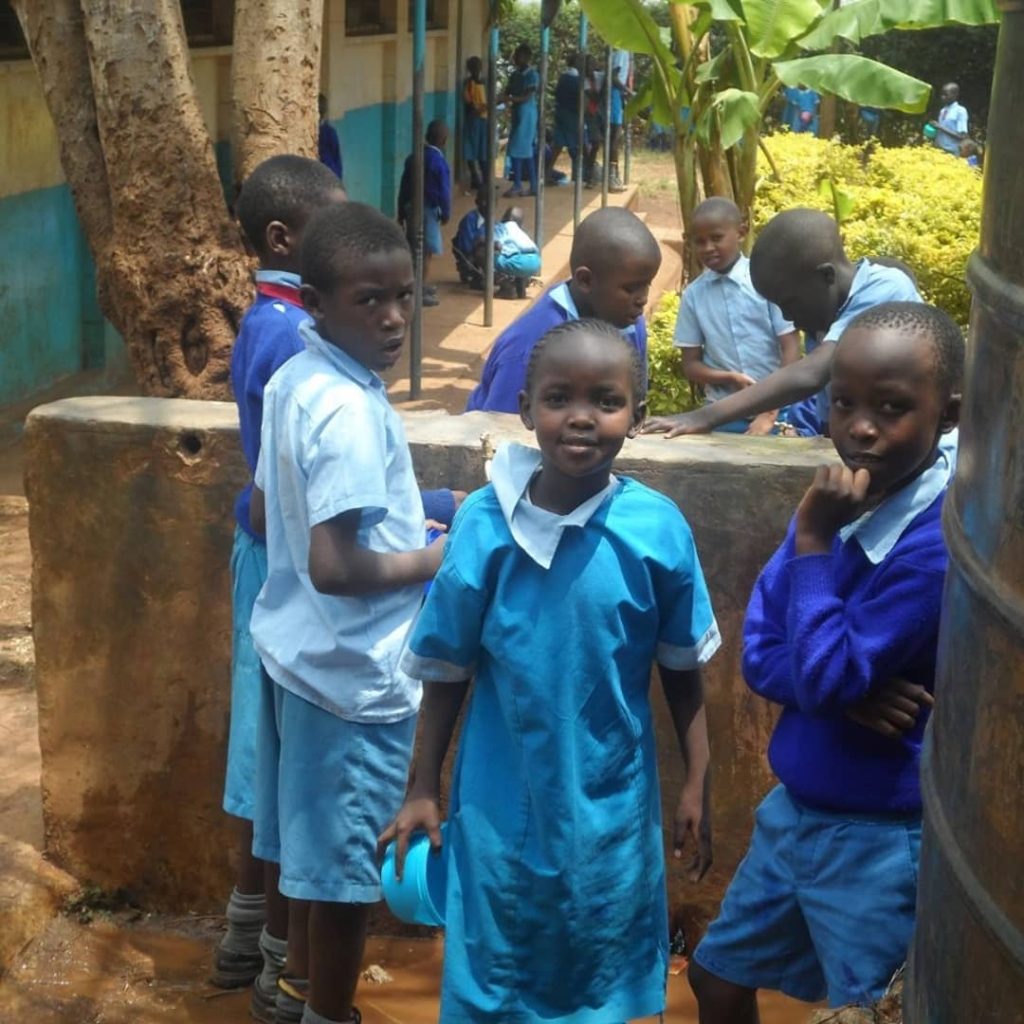
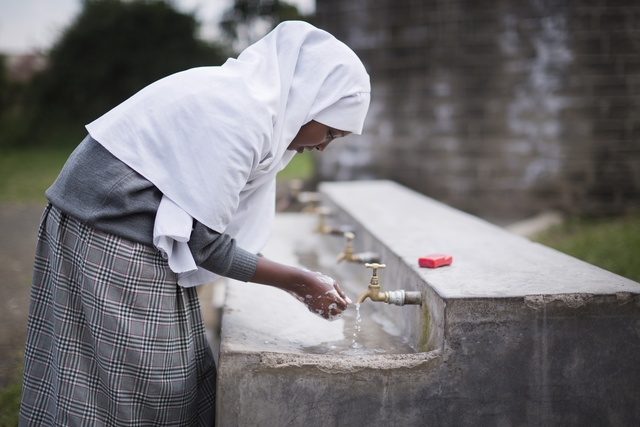
ASAL and Rural WASH
Since 1998, Maji na Ufanisi (MnU)-Water Charity- invested heavily in the Arid and Semi-Arid regions of Kenya, which constitute 85% of the country.
The aim of these investments was to improve water harvesting for food security, livestock, and household use, and MnU achieved this by building the capacity of local Community-Based Organizations (CBOs) in regions, such as Marsabit, Wajir, Mombasa, Nairobi, Garissa, Kitui, and Taita Taveta.
As a result of its efforts, MnU established a strong institutionalized system that could effectively implement programs and provide sustainable services in the areas of Water, Sanitation and Hygiene (WASH) services, public health promotion, and water for food security.
Our investments have a positive impact on the lives of the people living in these regions, as they now have better access to water and related services.
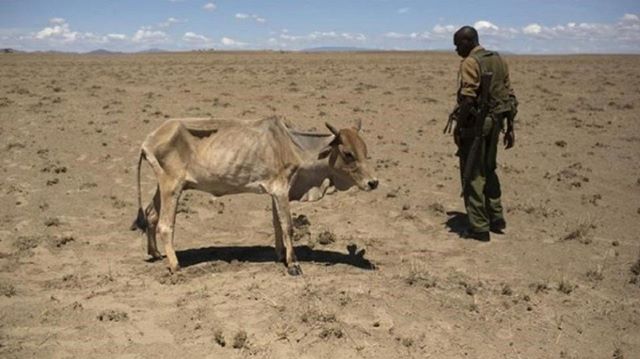
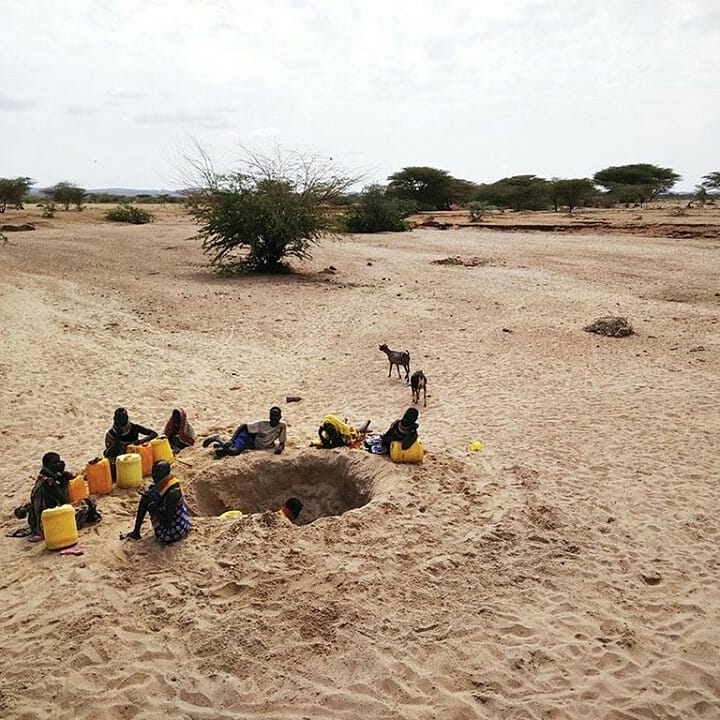
Support Us Through Mobile Money
Maji na Ufanisi Paybill number. 4106985.
Account number. [ Put in Your Name]
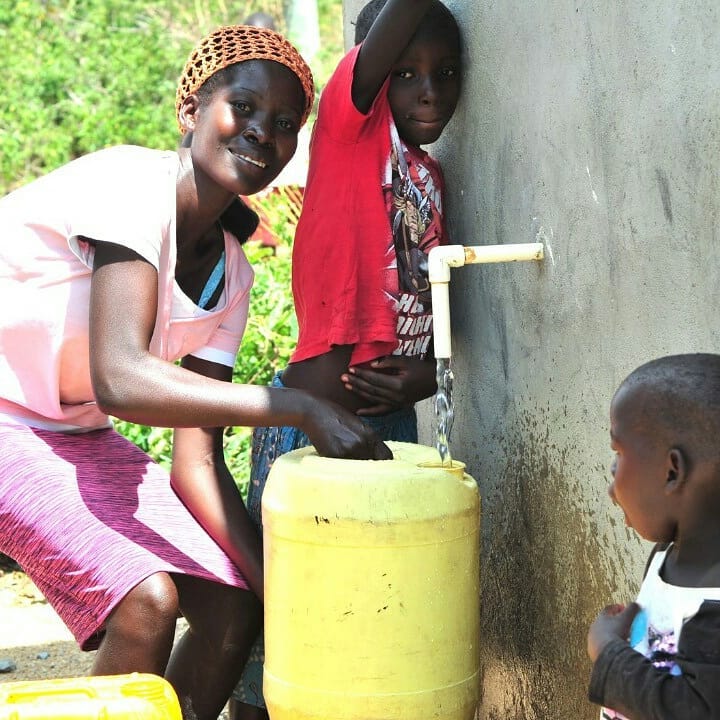
Support Us Because Clean Water is Life
“For the last 27 years, Maji na Ufanisi has focused on provision of sustainable solutions to challenges of Water, Sanitation and Hygiene (WASH) in public spaces; to communities in urban informal settlements and the marginaliszed rural areas of Kenya.”
What our Beneficiaries and Partners have to say:

